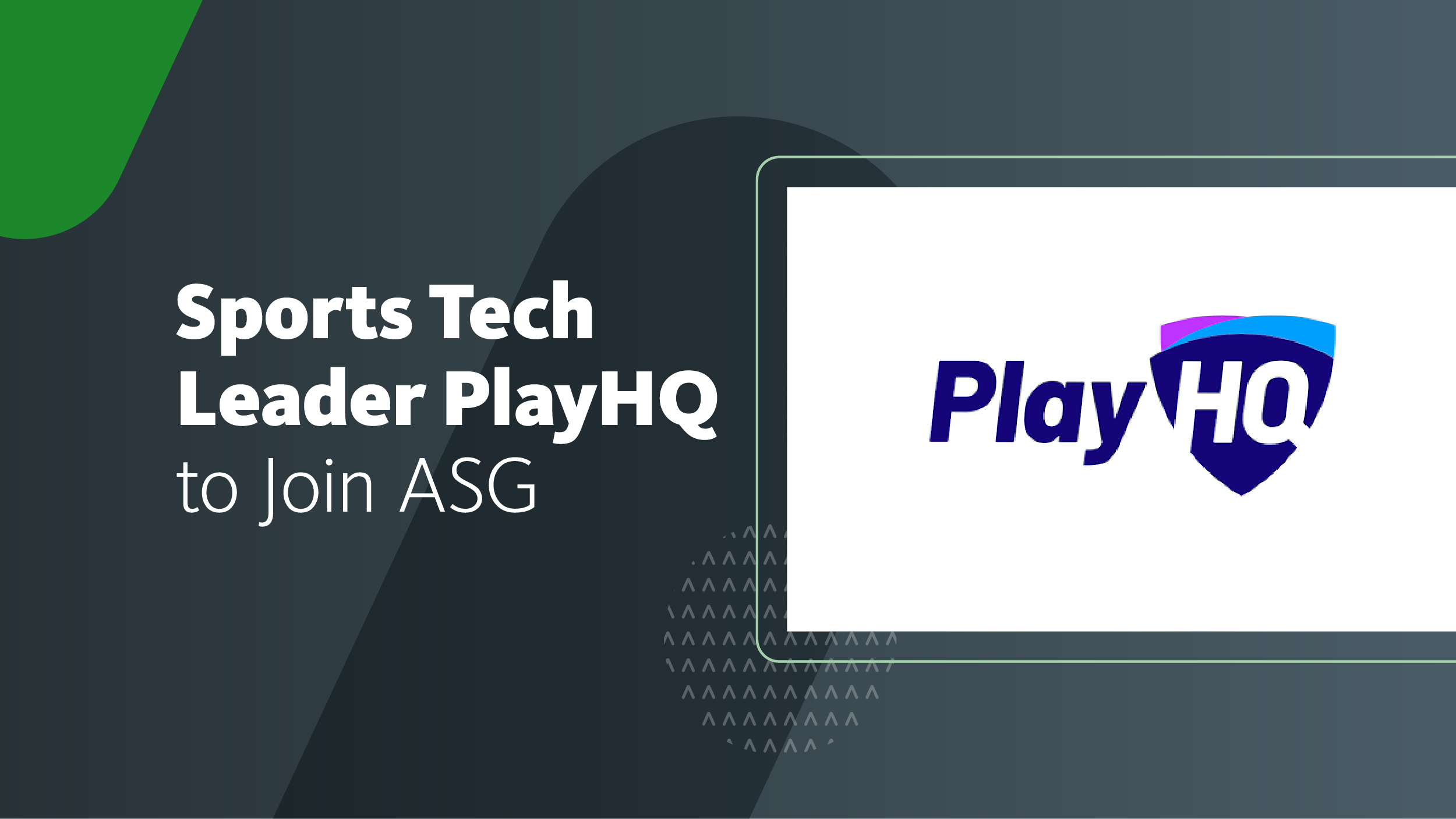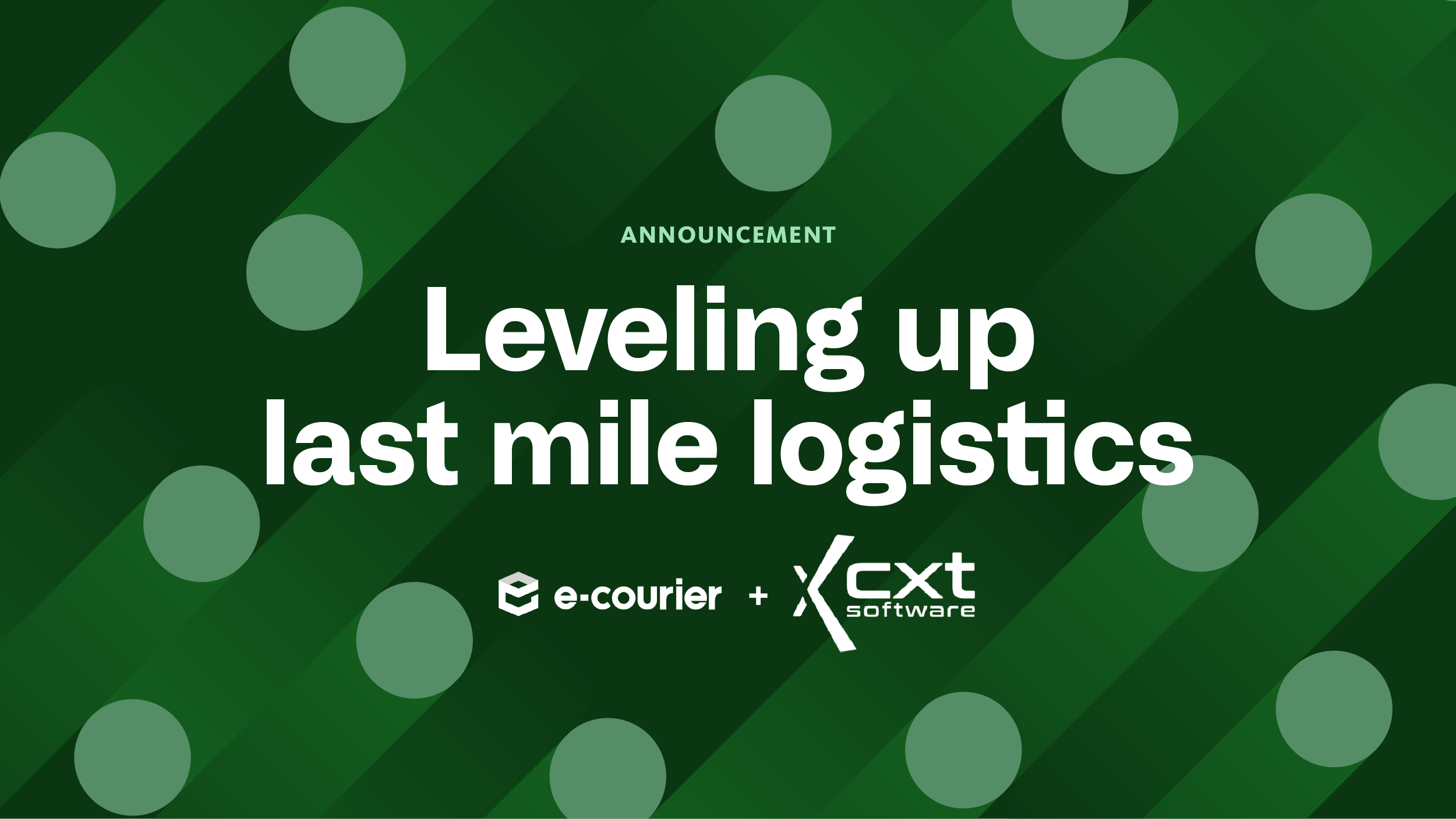As a business owner, I always love talking to other owners because you get to commiserate about experiences that are shared by a relative few (and also experiences that frankly no one else has any interest in hearing about). And that is even more the case when you begin to swap stories about selling your business – from the non-business owners the eye-rolls get bigger and for other business owners the community you can talk to gets smaller. In that spirit, I always enjoy pulling back the curtain a bit on the nuts and bolts of selling your business. And when your business is a founder-led SaaS platform - it brings a unique set of circumstances.
A bit of background about myself - I’ve spent my career in data and technology. About a decade ago I bootstrapped my first business (in AdTech) and had a small exit to a PE-back strategic. I stayed there for three years helping them buy additional small software businesses in ecommerce. I left for round 2 as a Founder, this time acquiring an existing SaaS platform - which culminated in selling my business to ASG at the end of 2018.
These experiences have given me a somewhat unique point of view of having been a part of several buyouts of SaaS platforms with between $2m and $10m of revenue - from both sides of the table. And the process as run by ASG is standard in many ways, but unique to them in a few key ways.
The Outreach
If you own a bootstrapped SaaS company, you are no stranger to cold outreach from investment funds. There is a reason for this → recurring revenue software businesses are good businesses to own.
In the case of ASG, I was struck by two things about their approach to outreach (which resulted in my willingness to respond and engage): 1) It was clear they took the time to understand not just my category, but my particular business and 2) after I brushed them off, they did what they said they would do – following up when they said they would, giving me the time to accomplish a few more milestones.
It’s still shocking to me how gold-standard investment firms, with an army of ivy-league analysts, send cut-and-pasted emails (that could have been sent to any software company) to the info@ inbox.
My advice: Even if you aren’t interested in selling – take a few of these calls. It’s a helpful check on your strategy and growth. Having a conversation with would-be Buyers is a great way to understand the value of your business and take the temperature of the market in which you are building.
Initial Conversations & Data Request
If you choose to engage with any particular outreach, the process is going to follow a few basic steps: an initial phone call or two and then a “data request”. Ideally, if you are getting on the phone to talk about a potential exit, the Buyer you are talking with has done a bit of homework on your category & your business (which was very much the case in my dealings with ASG).
The phone calls are designed to help fill in the gaps beyond what info is available publicly. It’ll focus on your backstory, how you arrived at starting your SaaS platform, how you fit into your market, typical customer profiles, competitive positioning, etc. In short, the potential Buyer is trying to get a sense of the high-level dynamics of your business to understand whether it is the type of business they want to own. And in truth, if they took the time to reach out and get on the phone with you, it is probably a business they would be interested in – so the call is all about surfacing any disqualifying factors. Provided there are none, they will follow up with an initial data request, which usually will entail 3 years of a monthly P&L and 3 years anonymized billings by customer.
The reason they ask for these two pieces of data is because the four factors that will drive the valuation of a SaaS platform (revenue, margin, growth, and retention) can be derived from these two datasets. At this point of the process the potential Buyer is (a) evaluating whether your platform is a business they would want to own and then (b) if so, how much is your business worth?
In the case of ASG, what I really appreciated about their approach was that Jake (Co-Founder and Head of Corporate Development) came to the calls prepared & approached the conversation/data review with purpose. You could tell he wanted to get to “is this a fit” quickly so as not to waste anyone’s time. As a Founder with a million balls in the air, I very much appreciated this. The other thing is that ASG gets what it’s like to own emerging SaaS platforms (because they have bought quite a few at this point) – so again, we were able to talk specifically and intelligently about my business from the start.
My advice: Don’t shade any of the info here. Take the time to make sure any info you are sending over is complete and accurate. If you are getting to the point where you are sharing a P&L, they are likely serious about potentially buying your business. And you’re giving them a first impression of the value of your business – don’t give them a reason to come along later and try to negotiate down the purchase price. If the numbers you give them at this early stage match what they validate coming out of diligence, you can have confidence there won’t be any backsliding on price.
Letter of Intent
If conversations have continued after the data request and a potential Buyer wants to make an offer, then they will send you a Letter of Intent (LOI). The LOI is the instrument you’ll use to negotiate price & terms. In addition to the price they are offering for your business, the LOI will include how the Buyer wants to structure the deal, what sort of commitments they will look for from you as the Seller, and how long they expect the process to take.
You’re going to want a lawyer at this point.
A few things to keep in mind: nothing in the LOI is binding (except probably the confidentiality provisions and the concept of exclusivity). As with anything in business, both parties want to know that the other is going to stand behind what is agreed to. So the LOI will clearly spell out many items that will be expanded on in the Purchase Agreement (which is the actual contract you will sign to sell your business). Having a lawyer that can take you through the details of everything you are agreeing to in the LOI is key – not because they are binding, but because this is the initial point at which you are agreeing to terms with the Buyer – and you want to have a clear understanding of what you are agreeing to.
This is also where the differences in Buyers really start to manifest themselves. There are two types of Buyers – ones that put a big number in the LOI only to get you into exclusivity, get you spending a bunch of money on lawyers, and then they “uncover” things in diligence to try and renegotiate the purchase price. And then there are Buyers that stand behind their numbers in the LOI and want to get the deal done for the price they’ve offered.
My advice: 1) Before you sign anything, talk to other Sellers that have been through the process with the potential Buyer to make sure they are the type of company you want to do business with and 2) hire a good lawyer that has done this before. You’ll end up spending less on legal fees by paying more for an experienced lawyer than paying less for the lawyer you’ve worked with in the past.
Due Diligence
Provided you’re able to come to agreement on the terms of the sale, you’ll move into a period of confirmatory due diligence. It’s called “confirmatory” because when the LOI gets signed, what the Buyer (should be) signaling to you is that they want to buy your business – and the due diligence allows them to confirm they want to move forward with the transaction.
As you might imagine, it’s not the most fun way to spend a few weeks. The Buyer will look into every part of your business, under every rock, into every cancelled contract. They are doing this so they can be confident there are no surprises. Diligence will be broken into a few different categories: financial, technical, product, sales, legal, and tax. And each category of diligence will have a separate group of people looking into the given topic.
One element of diligence that is of particular importance is the Quality of Earnings (QofE) report. This will typically involve a third-party firm being brought in to review your P&L and balance sheet along with all supporting data. The output of the exercise is a full set of your financials, with all of the numbers verified by a third-party, produced in the format that the Buyer uses internally (so they can have an apples-to-apples understanding across businesses).
The benefit of going through the process with ASG is that they have a depth of understanding around SaaS – which allows them to cut through many layers of the initial diligence requests quickly. Plus, they truly believe software is eating the world – the whole premise of ASG is about being long on software – meaning they want to buy SaaS companies. The combination of expertise in the space and a generally bullish view yields a bias towards only focusing on true deal-breakers.
My advice: 1) Take a deep breath. This is where things are going to feel stressful. On top of all your daily responsibilities as a SaaS Founder, you’re now going to have a second full time job supporting the diligence process. Luckily, a sophisticated Buyer will understand this, and as a result try to keep requests narrow and be patient as you juggle all the balls in the air. 2) Be organized. The subtext of diligence is that the Buyer wants to have complete confidence in the financial reports and performance of the company being acquired. Being organized and accurate in answering questions will help engender that confidence. Alternatively, providing incomplete or contradictory information will inevitably require additional rounds of review to be sure their report is accurate.
Purchase Agreement
OK, if you’ve made it this far that means you’ve been able to (a) come to an agreement on price and terms, (b) survived an audit-like set of due diligence reviews and (c) passed the Quality of Earnings assessment.
The negotiation of the Purchase Agreement is typically where a Founder is going to be most out of his/her depth. Up until this point, the Founder is the expert in every room. From the initial conversations through due diligence, the process has focused on the Founder taking others through the details of their platform and getting them up to speed on the business. Once the negotiation of Purchase Agreement begins, the roles will be reversed.
Most Founders got to where they are because they build good software – not because they know the difference between reps, warranties, indemnifications, disclosures, or escrows. There will even be something called a tipping basket. And a dozen other things most Founders have never heard about.
The good thing is that a Buyer like ASG uses what lawyers like to refer to as “sophisticated counsel”. Which basically means that the lawyers do this all the time, will take the lead in getting things done, and generally take a middle of the road / commercially reasonable approach to the negotiations. Because at the end of the day, ASG didn’t spend weeks of their time to get this far only to take unreasonable positions in the legal negotiations – they want to get the deal done.
My advice: Remain mindful of the fact that no one wants the deal to fall apart. Even though the Buyer wants to buy the business, and the Seller wants to sell the business, there will be moments when the lawyers dig their heels in and it feels like it might fall apart. This happens in every deal. And yet somehow, deals still get done.
Closing
The funny thing about the closing is that it can almost feel anticlimactic. Because by the time you get to the closing table, you’ve spent weeks and weeks going through the inevitable emotional rollercoaster of selling your business. The closing will actually be a conference call, typically scheduled in the morning. Everyone gets on the call, announces themselves, the lawyers will ask the Buyer and Seller if they can “release the signatures”, everyone says “yes”, and then the lawyers say “OK, we’re closed.”
And that’s it. It is an almost surreal experience the first time you go through it.
Then you spend the rest of the day refreshing your browser as you wait for the wires to come in.
Selling a business is both a marathon and a sprint rolled together. You’ll want to have a good support system around you and a good partner across the table. It is a unique experience for Founders that provides financial security and enables new opportunities. And as with any experience, you’ll gain a slightly different perspective as you watch the software that you grew and nurtured flourish under new ownership.




.png)


